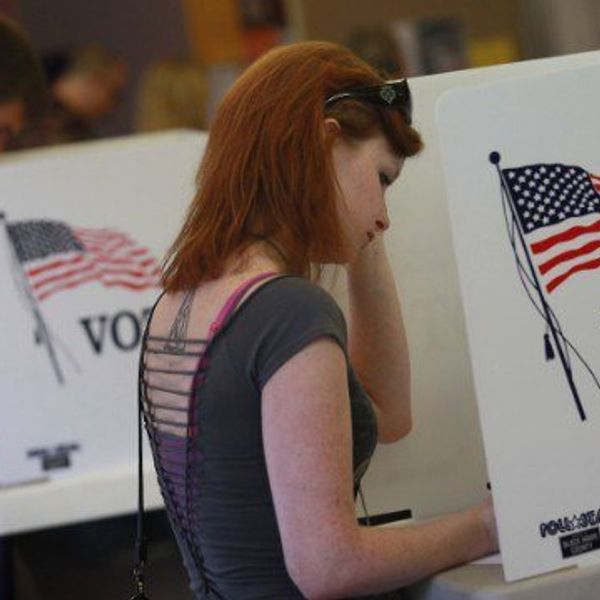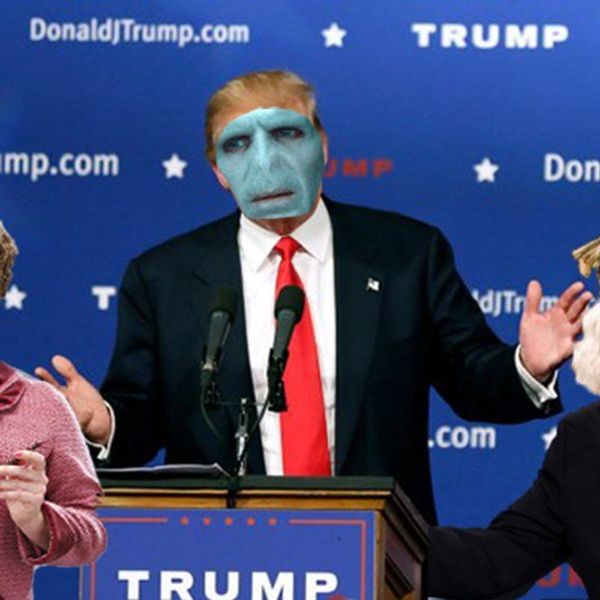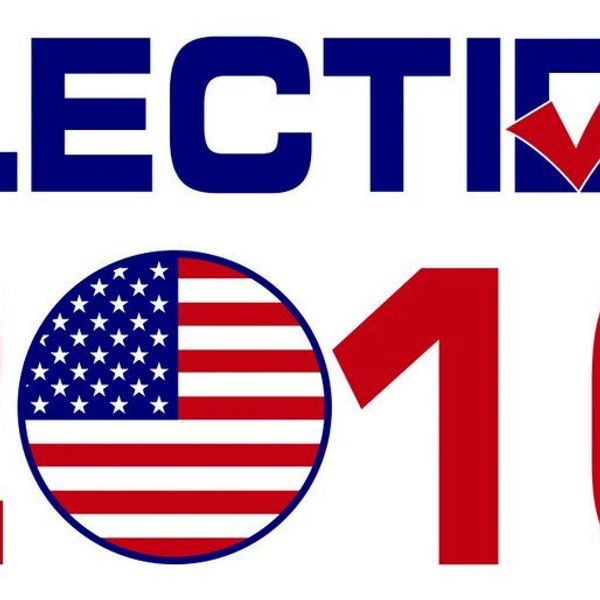Recently, my motivation to write is my Facebook news feed. If yours is anything like mine, it is split in half this election season. Half my friends post entirely conservative content, which is evenly matched by the strong liberal presence. I try not to judge anyone on their opinion, but there is a problem; we all have biases. You have them, I have them, your neighbor, parents, friends, literally everyone has them. The difference in some people is that they are incapable of seeing past these biases.
Too often I see friends and family sharing a video, quote, etc. that perpetuates their own biases. Conservatives sharing Tomi Lahren videos, liberals sharing Colbert videos, and everything in between. All the while, the content of these videos demean and attack opposing sides for flaws their side shares. Every post outlining Clinton's lies and mistakes can be matched by a post outlining Trump's lies and mistakes. It becomes problematic because no one is willing to delve into the problems with their own world view. Double standards are created. You praise your stance for the very reasons you attack the opposing side.
Now you might ask yourself; how can I fight these biases? Well, I don't have a clear-cut answer for you. Biases will always exist. It's human nature to try and develop a system that makes quick decisions. These are schemas, or mental shortcuts. Your mind takes past experiences and generalizes them to your daily life. For example, say you've had a positive experience at Kroger but a negative experience at Wal-Mart. Your grocery store schema then develops to tell you Kroger is better than Wal-Mart, even though the two are virtually the same. None the less, you've just developed a bias. So, with this in mind, here are a few ways you can try and be a little less biased this political season.
1. Acknowledge you have a bias
They say the first step to recovery is acceptance. In this case, it's true. You can only reduce your biases if you're cognizant of said biases. If you are die-hard Republican/Democrat, realize that you are probably harboring some biases. Not everyone will, but it can't hurt to ask.
2. Expand your source material
Read from sources that are opposed to your worldview. Attempt to see the argument from the other side. The best way to fully understand a situation is to be knowledgeable of all arguments. If you think climate change is a hoax, read some scientific articles and vice versa.
3. Seek news from unbiased sources
While it's important to know the other viewpoint, try to find news with no agenda. It's hard to do, but it is possible. Try sources such as http://www.independent.co.uk/us or http://www.pbs.org/newshour/. Both offer fairly objective stances on world news.
4. Don't fall victim to search bubbles
A search bubble occurs due to online algorithms. The internet uses what you search for, view, and like to show you more of what is similar to your recent views and likes. We can both search "Presidential Debate," but get completely different results. Even if your entire results list says Trump/Clinton won the first debate, it doesn't mean that's all anyone is saying. The internet is just telling you what you want to hear.
5. Keep an open mind
The only way to grow is to challenge yourself. Constantly question your beliefs and ideas. You might be surprised to find you don't like everything you once loved. I'm not saying you need to change, but you should be willing to hear other options.
I'm truly disheartened by the way people are currently talking at one another. Yes, I meant to say "at." There is no discussion between sides. It is all a "he said she said" back and forth between polarized sides. Hopefully, addressing biases and gaining empathy for the opposite party can change this. This is an important election and a crucial point in history. Make your voice heard, but be sure to listen to the other voices as well.





















